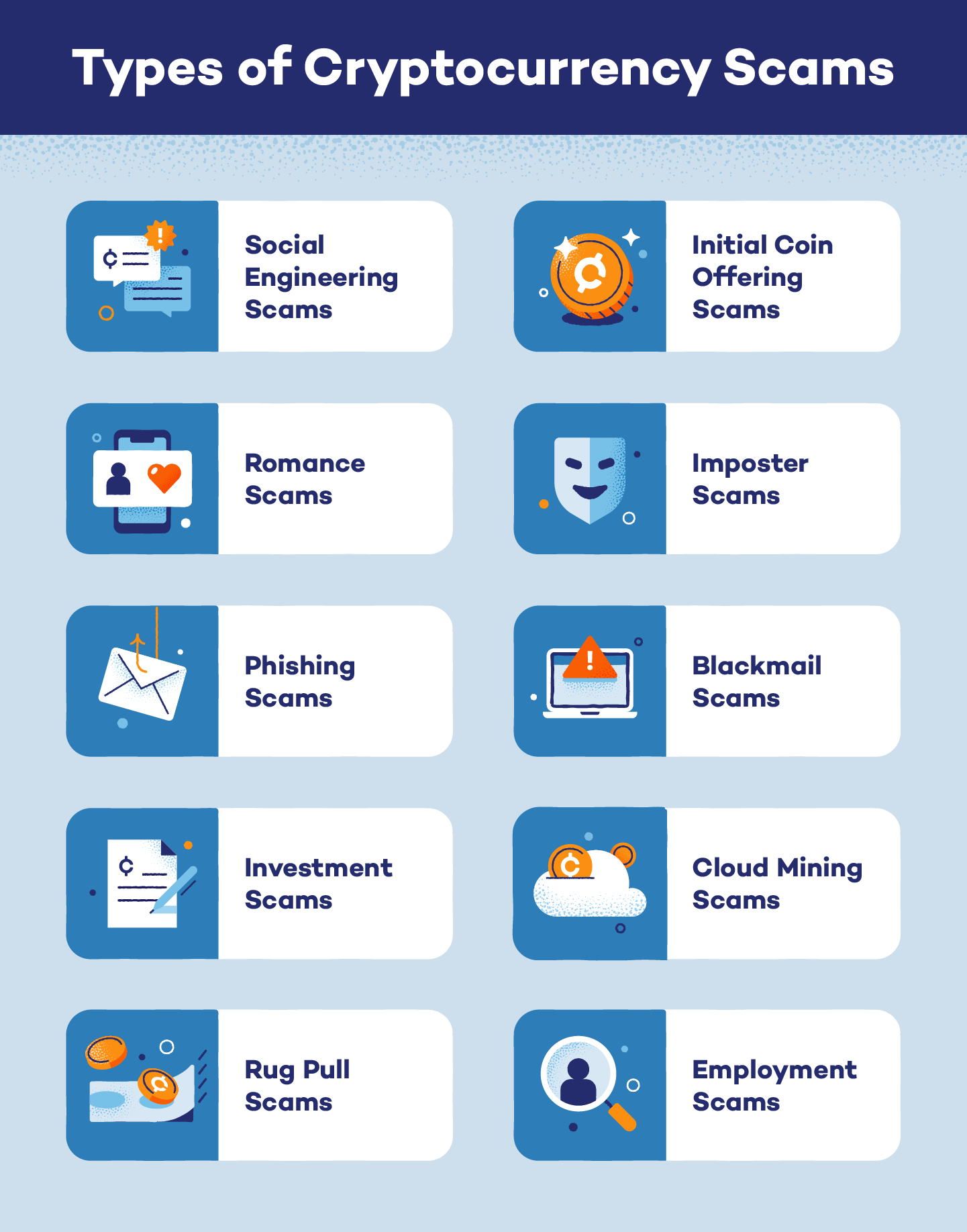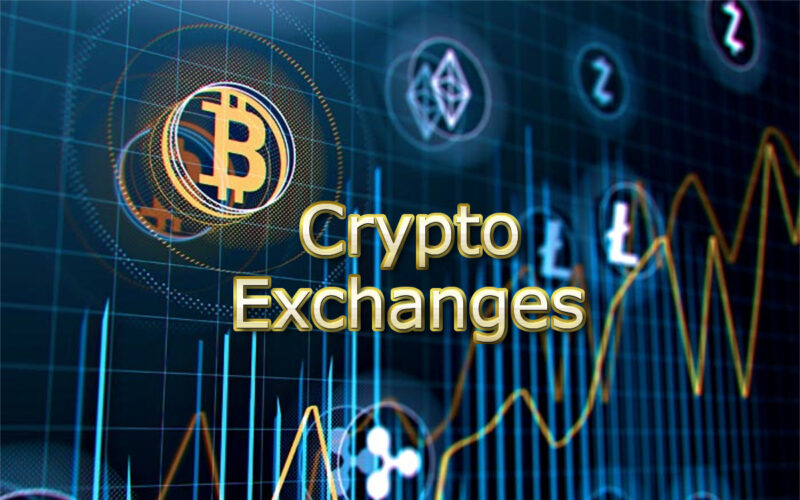Cryptocurrency definition
After you create an account, you can deposit fiat currency into your account. Most centralized exchanges allow users to deposit fiat via bank transfers, bank wires, or other common money transfer methods.< https://allaboutfireprotection.net/ /p>
At present, miners are heavily reliant on renewable energy sources, with estimates suggesting that Bitcoin’s use of renewable energy may span anywhere from 40-75%. However, to this point, critics claim that increasing Bitcoin’s renewable energy usage will take away from solar sources powering other sectors and industries like hospitals, factories or homes. The Bitcoin mining community also attests that the expansion of mining can help lead to the construction of new solar and wind farms in the future.
Each of our coin data pages has a graph that shows both the current and historic price information for the coin or token. Normally, the graph starts at the launch of the asset, but it is possible to select specific to and from dates to customize the chart to your own needs. These charts and their information are free to visitors of our website. The most experienced and professional traders often choose to use the best crypto API on the market. Our API enables millions of calls to track current prices and to also investigate historic prices and is used by some of the largest crypto exchanges and financial institutions in the world. CoinMarketCap also provides data about the most successful traders for you to monitor. We also provide data about the latest trending cryptos and trending DEX pairs.
Bitcoin’s source code repository on GitHub lists more than 750 contributors, with some of the key ones being Wladimir J. van der Laan, Marco Falke, Pieter Wuille, Gavin Andresen, Jonas Schnelli and others.
People often say that cryptocurrencies are decentralized, which is another way of saying that they are not controlled by a centralized entity. Essentially, you own your own digital wallet that gives you more freedom and control over your money.
What is cryptocurrency
This innovative approach to digital money challenged the traditional financial system and laid the groundwork for the entire cryptocurrency ecosystem. Bitcoin’s decentralised nature and limited supply (capped at 21 million coins) have contributed to its popularity and value.
At present, India neither prohibits nor allows investment in the cryptocurrency market. In 2020, the Supreme Court of India had lifted the ban on cryptocurrency, which was imposed by the Reserve Bank of India. Since then, an investment in cryptocurrency is considered legitimate, though there is still ambiguity about the issues regarding the extent and payment of tax on the income accrued thereupon and also its regulatory regime. But it is being contemplated that the Indian Parliament will soon pass a specific law to either ban or regulate the cryptocurrency market in India. Expressing his public policy opinion on the Indian cryptocurrency market to a well-known online publication, a leading public policy lawyer and Vice President of SAARCLAW (South Asian Association for Regional Co-operation in Law) Hemant Batra has said that the “cryptocurrency market has now become very big with involvement of billions of dollars in the market hence, it is now unattainable and irreconcilable for the government to completely ban all sorts of cryptocurrency and its trading and investment”. He mooted regulating the cryptocurrency market rather than completely banning it. He favoured following IMF and FATF guidelines in this regard.

This innovative approach to digital money challenged the traditional financial system and laid the groundwork for the entire cryptocurrency ecosystem. Bitcoin’s decentralised nature and limited supply (capped at 21 million coins) have contributed to its popularity and value.
At present, India neither prohibits nor allows investment in the cryptocurrency market. In 2020, the Supreme Court of India had lifted the ban on cryptocurrency, which was imposed by the Reserve Bank of India. Since then, an investment in cryptocurrency is considered legitimate, though there is still ambiguity about the issues regarding the extent and payment of tax on the income accrued thereupon and also its regulatory regime. But it is being contemplated that the Indian Parliament will soon pass a specific law to either ban or regulate the cryptocurrency market in India. Expressing his public policy opinion on the Indian cryptocurrency market to a well-known online publication, a leading public policy lawyer and Vice President of SAARCLAW (South Asian Association for Regional Co-operation in Law) Hemant Batra has said that the “cryptocurrency market has now become very big with involvement of billions of dollars in the market hence, it is now unattainable and irreconcilable for the government to completely ban all sorts of cryptocurrency and its trading and investment”. He mooted regulating the cryptocurrency market rather than completely banning it. He favoured following IMF and FATF guidelines in this regard.
The government produces traditional currency in paper bills and coins you can carry with you or put in a bank. You can use it for purchases and other transactions that require cash. The government backs traditional currency, while cryptocurrency has no government, bank, or financial institution controls.
The European Commission published a digital finance strategy in September 2020. This included a draft regulation on Markets in Crypto-Assets (MiCA), which aimed to provide a comprehensive regulatory framework for digital assets in the EU.
Cryptocurrency exchange
The industry leader in volume and golden standard for coin availability. They have some of the lowest per-trade fees in the industry, but some of the other fees on Binance, like withdrawal fees, can be a little sketchy and prone to silently being changed or raised for no reason. Additionally, while Binance has been largely stable for a long time, it has been hacked before, and sometimes finds themselves in questionable legal places.
First of all: Don’t use Coinbase Basic. The fees on it are exorbitant, and it just goes through the same market under the covers as the (free) Coinbase Pro. You can also swap assets between the two instantly for free at any time, so for the sake of this post I’m considering the best of both options.
Coinberry is another excellent Canadian crypto exchange that offers a wide range of awesome services and features. The platform supports a range of cryptocurrencies including Bitcoin, Litecoin, Ethereum, Stellar, Bitcoin Cash and Ripple, and you can buy the crypto of your choice using credit cards, wire transfers, and Interac eTransfers. One of the best things about this platform is that it charges no fees on deposits and withdrawals. The only fee that you will need to pay is the 0.5% fee for trading, which makes it an affordable marketplace for both new and experienced Canadian crypto traders.

The industry leader in volume and golden standard for coin availability. They have some of the lowest per-trade fees in the industry, but some of the other fees on Binance, like withdrawal fees, can be a little sketchy and prone to silently being changed or raised for no reason. Additionally, while Binance has been largely stable for a long time, it has been hacked before, and sometimes finds themselves in questionable legal places.
First of all: Don’t use Coinbase Basic. The fees on it are exorbitant, and it just goes through the same market under the covers as the (free) Coinbase Pro. You can also swap assets between the two instantly for free at any time, so for the sake of this post I’m considering the best of both options.
Coinberry is another excellent Canadian crypto exchange that offers a wide range of awesome services and features. The platform supports a range of cryptocurrencies including Bitcoin, Litecoin, Ethereum, Stellar, Bitcoin Cash and Ripple, and you can buy the crypto of your choice using credit cards, wire transfers, and Interac eTransfers. One of the best things about this platform is that it charges no fees on deposits and withdrawals. The only fee that you will need to pay is the 0.5% fee for trading, which makes it an affordable marketplace for both new and experienced Canadian crypto traders.





